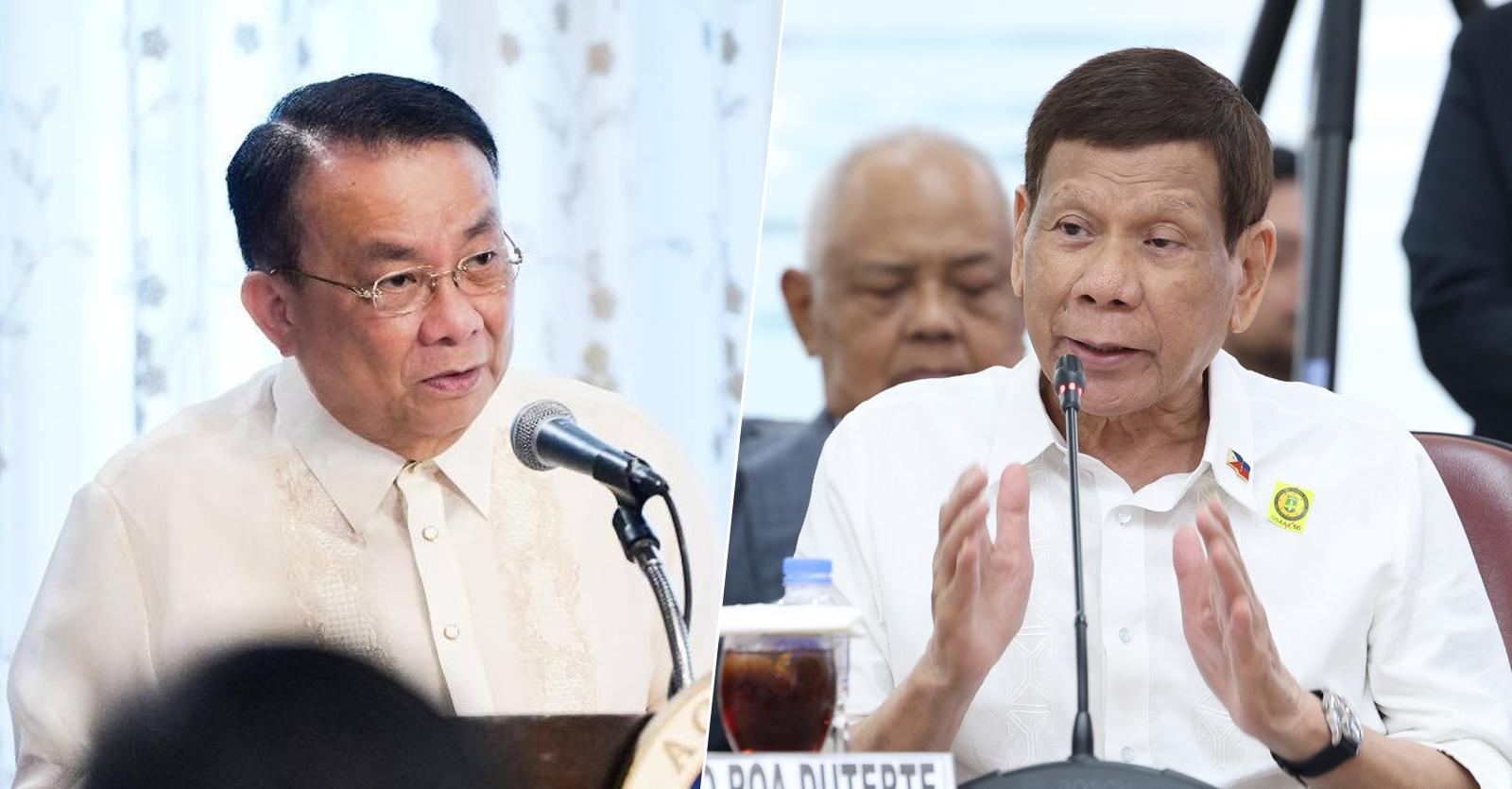
By Brian Campued
The Philippine government would not stop former President Rodrigo Duterte should he decide to surrender to the International Criminal Court (ICC) in connection with the high court’s probe on the alleged crimes against humanity under the “war on drugs” campaign of his administration, Malacañang said Wednesday.
“If the former President desires to surrender himself to the jurisdiction of the ICC, the government will neither object to it nor move to block the fulfillment of his desire,” Executive Secretary Lucas Bersamin said.
Bersamin made the statement after Duterte, during the House Quad-Committee hearing on Wednesday, challenged the ICC to begin investigating his administration’s drug war—adding that he is willing to “go to prison and rot there for all time” if found guilty.
However, Bersamin said the government would cooperate with the ICC if it seeks the assistance of the International Criminal Police Organization (Interpol).
“If the ICC refers the process to the Interpol, which may then transmit a Red Notice to the Philippine authorities, the government will feel obliged to consider the Red Notice as a request to be honored, in which case the domestic law enforcement agencies shall be bound to accord full cooperation to the Interpol pursuant to established protocols,” he said.
In a separate statement, the Department of Justice (DOJ) reiterated that the Philippine government is obliged to honor its commitments to the Interpol, even though the country is no longer part of the ICC.
“Allow us to reiterate the DOJ’s position for clarity: the Secretary has repeatedly said that despite the withdrawal of the Philippines from the Rome Statute, the country remains a member country of the Interpol,” the agency stated.
“Thus, when requests are made by the ICC through the Interpol and Interpol, in turn, relays such requests to our country, the Philippine government is legally obliged to accord due course to the same, by all means,” it added.
According to the Interpol, an individual placed on a Red Notice is wanted by the requesting member country or by an international tribunal.
However, such a notice is not an international arrest warrant and is restricted to law enforcement use only.
—iro
